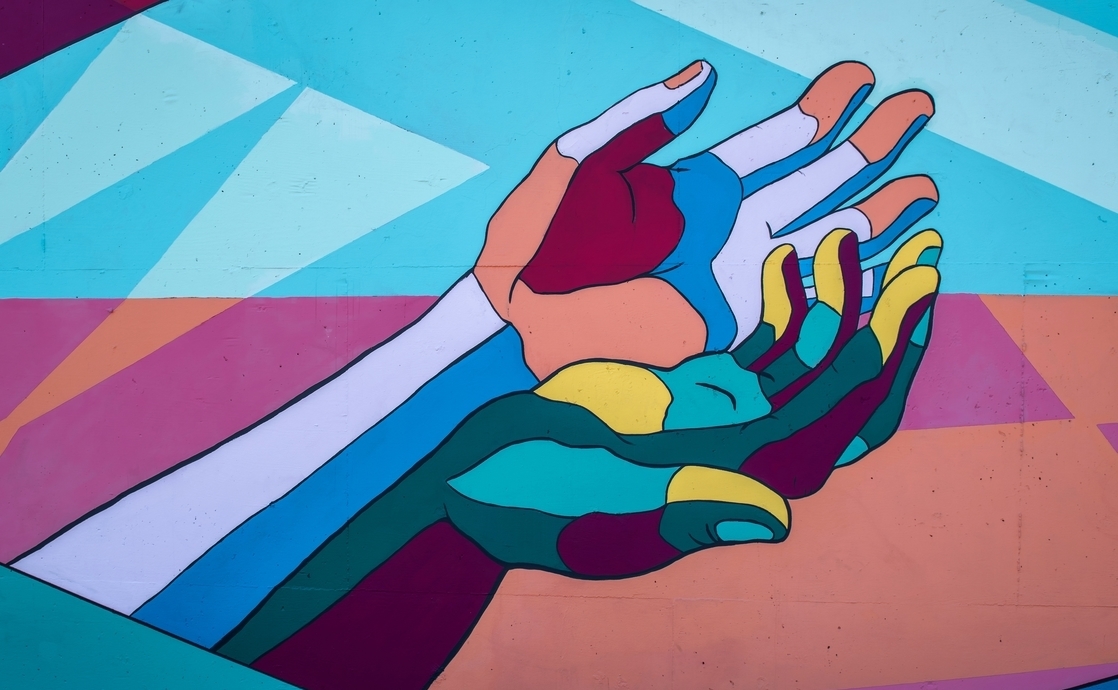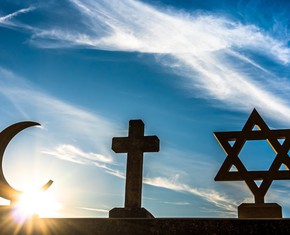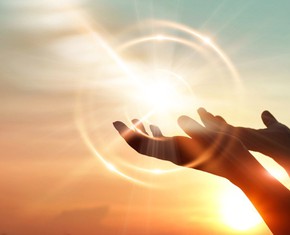The views expressed in our content reflect individual perspectives and do not represent the authoritative views of the Baha'i Faith.
Clearly power, like all forms of energy, is amoral. It can be used for good or ill. We see this double-edged sword amply demonstrated in governance, in business, even in religion.
What is most interesting for our purposes is that religious beliefs, together with the passions and emotions associated with them, constitute one of the most powerful forces that drive social movements, particularly movements aimed at reformation and change. Yet this same force, if perverted or appropriated for purposes of personal power-seeking, can become an equally powerful cause of social discord and destruction.
If you want proof, just study the relationship between religion and war, and the double-edged sword will become immediately apparent.
But this sad evidence does not logically demonstrate that religion or belief in a supreme being is in itself the cause of this history of grief. This is especially true when we consider that what often passes for religion – entrenched dogma, clerical power, and fanatical religious institutions – bears little similarity to what the original founders of the religions taught or intended. This view of history does demonstrate that beliefs and systems of belief are sources of incredible power, and that power can be employed to build a great society – or to oppress, enslave, and cause antipathy among the peoples of the world.
RELATED: Evolution: The Human Race, Maturing Past Materialism
As we will discuss in more detail later in this series, what can ensure that religion or religious doctrines do not become distorted or deranged is a logically and justly devised religious institution, a “new wineskin,” as Christ called it, an institution capable of flexibility, growth, and change. But even if the creation of a just and peaceful religious community and institution is devised appropriately and benignly, it may well, over the course of time, become unable to deal with radical changes in society.
When this occurs, there emerges the need for a new revelation and new institutional structures to befit the necessities and capacities of an evolved human condition. Indeed, the Baha’i teachings state, in this passage from a speech given by Abdu’l-Baha, that growth and evolution are fundamental attributes of every religion and its institutions:
Religion is the outer expression of the divine reality. Therefore it must be living, vitalized, moving and progressive. If it be without motion and non-progressive it is without the divine life; it is dead. The divine institutes are continuously active and evolutionary; therefore the revelation of them must be progressive and continuous. All things are subject to re-formation. … The divine prophets have revealed and founded religion. They have laid down certain laws and heavenly principles for the guidance of mankind. They have taught and promulgated the knowledge of God, established praiseworthy ethical ideals and inculcated the highest standards of virtues in the human world. Gradually these heavenly teachings and foundations of reality have been beclouded by human interpretations and dogmatic imitations of ancestral beliefs. The essential realities which the prophets labored so hard to establish in human hearts and minds while undergoing ordeals and suffering tortures of persecution, have now well nigh vanished. Some of these heavenly messengers have been killed, some imprisoned; all of them despised and rejected while proclaiming the reality of divinity. Soon after their departure from this world, the essential truth of their teachings was lost sight of and dogmatic imitations adhered to. Inasmuch as human interpretations and blind imitations differ widely, religious strife and disagreement have arisen among mankind, the light of true religion has been extinguished and the unity of the world of humanity destroyed.
RELATED: How to Renew Religion
This double-edged sword, which cuts both ways, means that all religion must be eventually reborn and re-energized – or, as Abdu’l-Baha wrote, “The religion of God is one religion, but it must ever be renewed.”
In the same way that springtime comes every year to renew the natural world, the Baha’i teachings say, a new messenger, prophet, and educator inevitably appears to renew and recreate God’s ongoing guidance.
















Comments
Sign in or create an account
Continue with Googleor